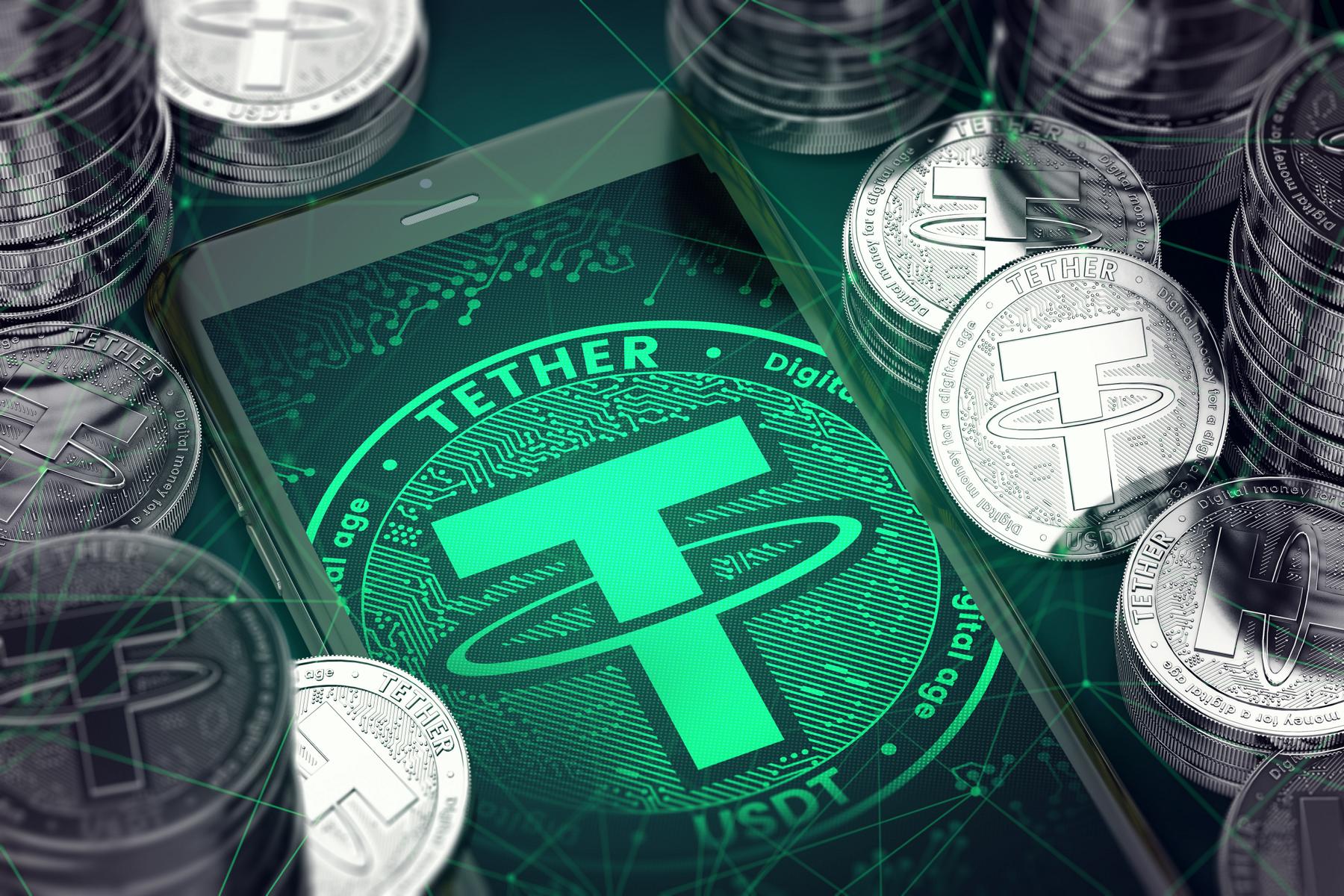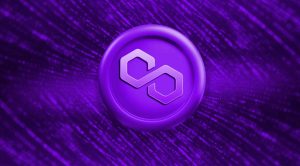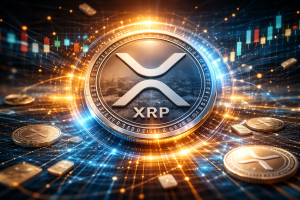- Tether invests in Quantoz Payments to launch MiCA-compliant EURQ and USDQ e-money tokens, enhancing regulated digital payments in Europe.
- EURQ and USDQ adhere to MiCA standards, offering secure transactions and bridging traditional finance with blockchain innovations.
Tether has announced an investment in Quantoz Payments to support the launch of two E-Money Tokens (EMTs): EURQ and USDQ. Attached to the euro and US dollar respectively, these tokens seek to follow the European Union’s Markets in Crypto-Assets (MiCA) legal framework.
Designed as a step toward safer and more controlled digital payment solutions, this development emphasizes the growing congruence between the crypto industry and traditional financial systems.
EURQ and USDQ, scheduled for release on November 18, 2024, have already obtained licensing as EMTs from the Dutch Central Bank, therefore attaining a major turning point in regulated financial innovation.
Embedding Blockchain in Europe’s Regulated Financial Ecosystem
Following MiCA’s strict guidelines and having entirely backed fiat reserves guarantees a 1:1 ratio to their respective currencies and guarantees the future tokens. Maintaining an extra 2% reserve as a safety measure reflects the EU’s attempts to encourage openness and lower risks in the world of digital payments.
Beyond only legal compliance, these stablecoins seek to provide consumers and companies faster, less expensive, and more open interactions. Especially inside the European Economic Area (EEA), this project fits the larger trend of embedding blockchain-based solutions into the current financial system.
Moreover, adding to its market potential are two well-known crypto exchanges, Kraken and Bitfinex, which plan to list EURQ and USDQ beginning November 21, 2024. This list will make the tokens available to a broad spectrum of customers all throughout Europe, therefore improving their usability.
By connecting distributed solutions with traditional finance, Tether and Quantoz Payments hope to reinvent digital payments with this action. Still, the trip is not without difficulties. Tether CEO Paolo Ardoino has voiced worries about MiCA’s need for stablecoin issuers to maintain at least 60% of reserves in European banks.
The arrival of USDQ and EURQ marks a turning point in the space of European digital payments. Following MiCA allows these coins to negotiate the changing regulatory environment and build trust and dependability among users.
More generally, Tether keeps pushing forward in closing the gap between digital and conventional financial assets. CNF previously reports that Tether’s Hadron system best illustrates this approach since it allows the safe tokenization of several assets.
Focusing on compliance and smooth market integration, Hadron not only connects these worlds but also generates fresh financial opportunities for businesses and governments, establishing itself as a pillar of the future of finance.






















